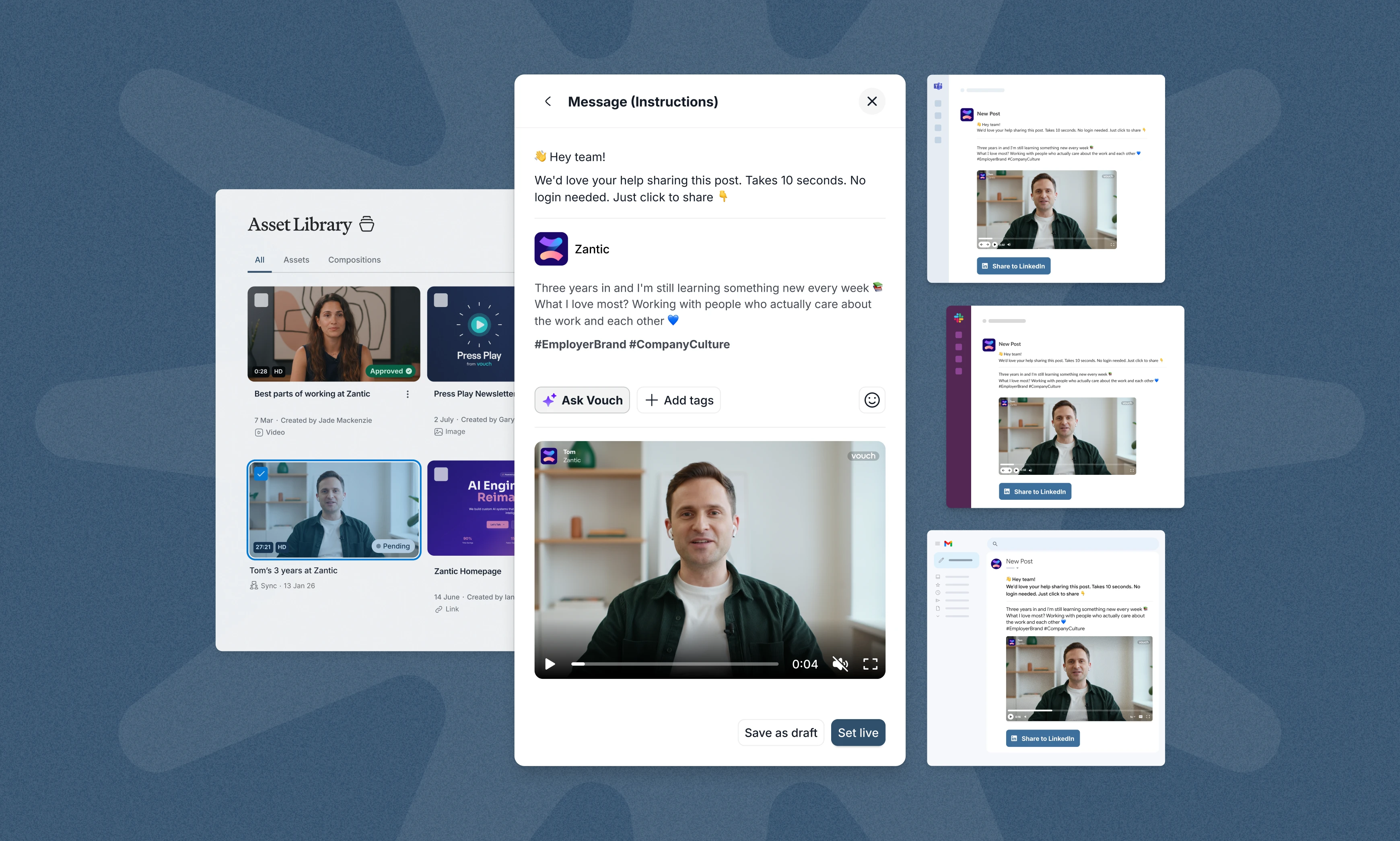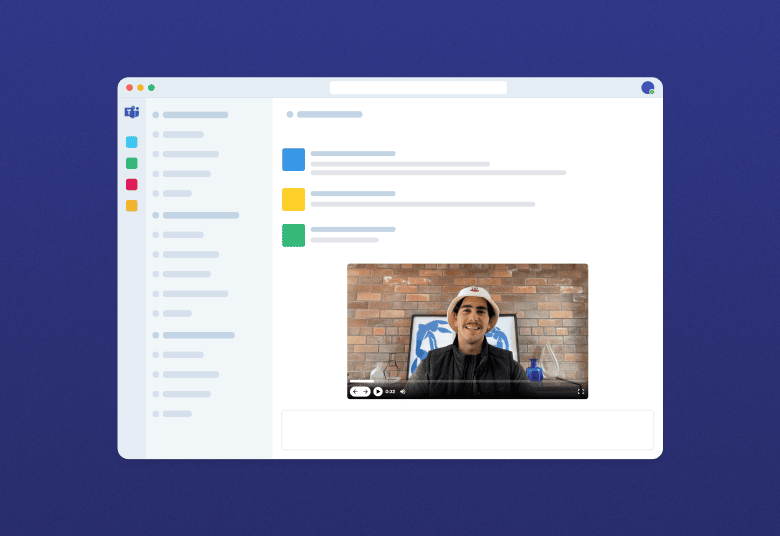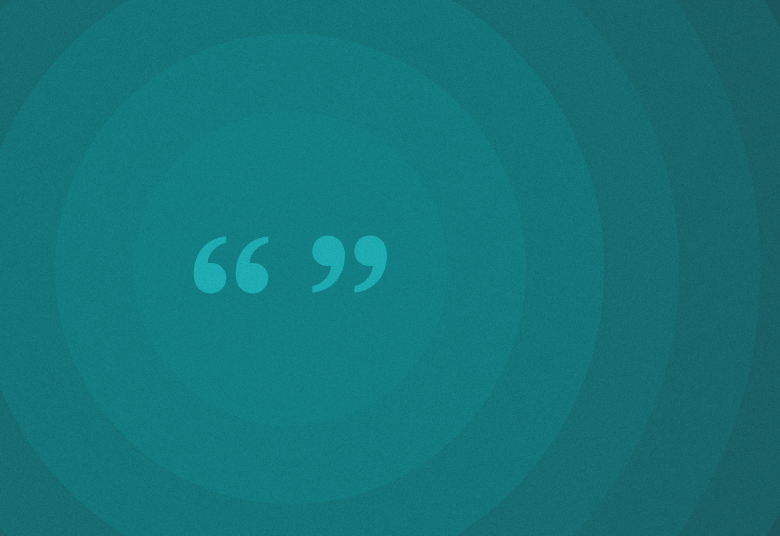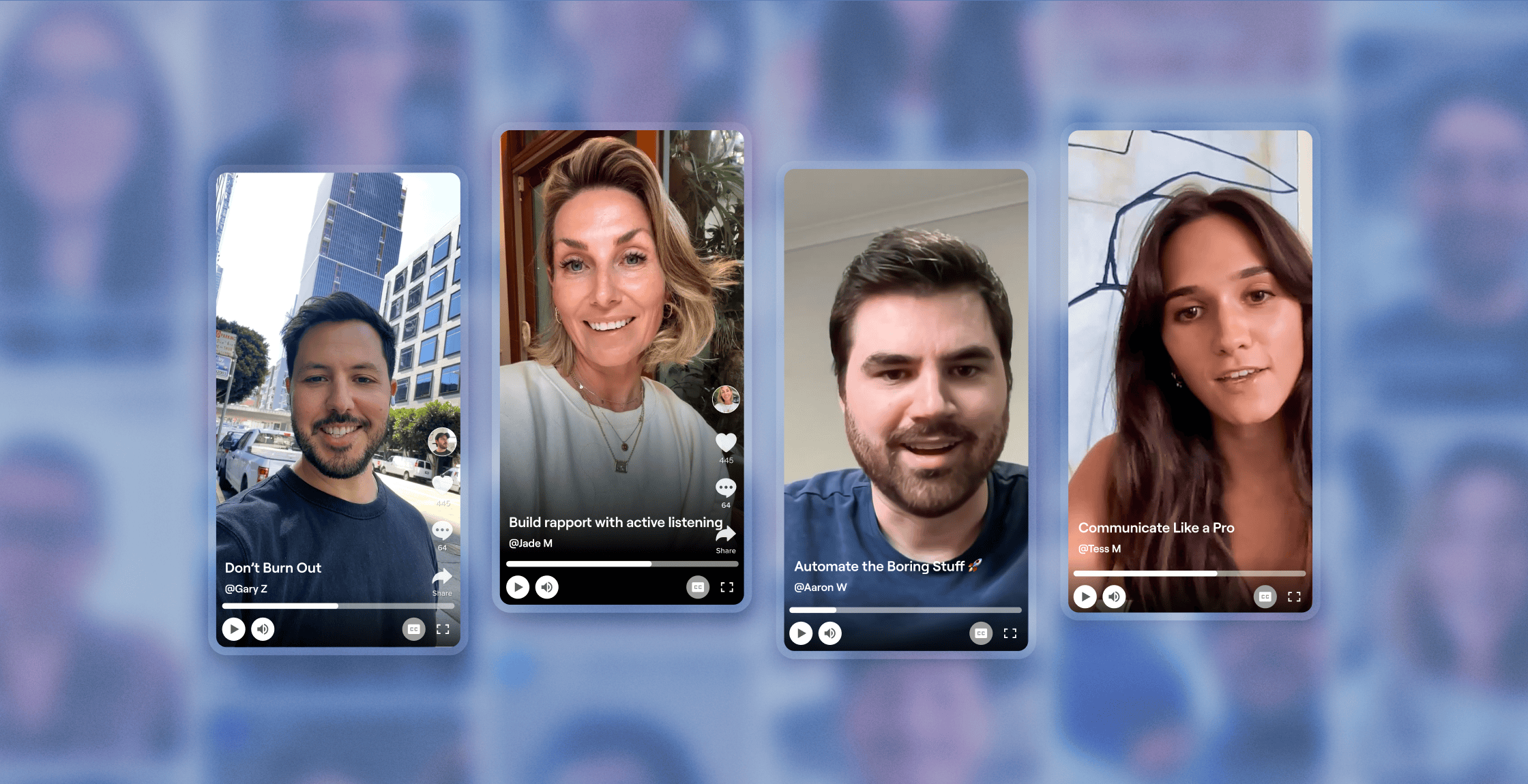
Why Communication Is Important In Healthcare, The Experts 2026 Guide
Healthcare is one of the most challenging industries, that employs some of the smartest, hardest-working people on the planet.
Yet, Gartner's research showed that 70% of a company's mistakes are due to poor communication.
That's why effective communication in healthcare is crucial - not only for ensuring patient satisfaction and enhancing patient care but also for improving your team's morale, motivation and employee experience.
If you're a healthcare professional or healthcare HR manager in 2026, you'll know that your internal communications can reduce medical errors and improve patient confidentiality.
Let's dive in.
What's The Link Between Clear Communications And Patient Satisfaction?
Of course, patient satisfaction is directly linked to the communication between healthcare professionals and patients across all communication styles.
However, when your team use clear and plain language, it helps patients understand their health status, treatment plans, and overall medical care. Avoiding medical jargon and ensuring patients comprehend their plan is the first step to building trust and your patient's overall experience and confidence.
Learning active listening is also vital, and there is a guide here if you are looking for more information on active listening strategies and techniques: https://vouchfor.com/blog/learn-active-listening
How Do You Reduce Poor Patient Communication in 2026?
Poor communication within your healthcare team can lead to a cascade of adverse outcomes, including medical errors, diagnostic errors, and compromised patient care.
In fast-paced environments like an emergency department, clear communication—verbal or nonverbal, such as facial expressions and body language—is vital to putting patients at ease and letting them know that you are in control.
Using clear, direct, and confident language is vital to reducing patient communication errors. If you are concerned, we would highly suggest bringing in communications experts or hiring an internal communications specialist, as communications is the foundation of effective healthcare facilities.
The AI-enabled workspace for talent teams.
- Unified workspace for talent teams
- Accelerate hiring with AI tools
- Auto-generate polished hiring and employer brand content
- Easily repurpose assets across all channel
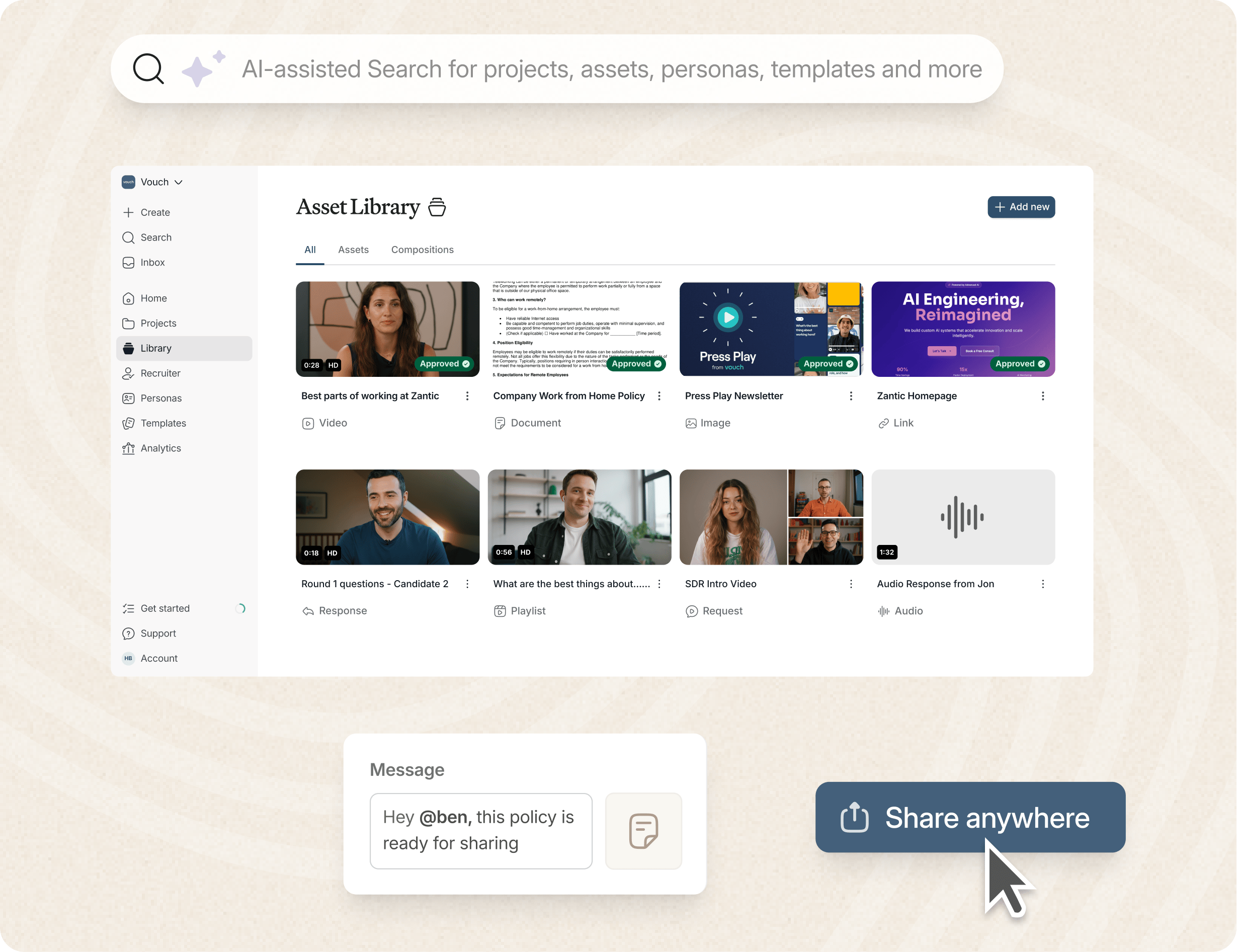
What Types of Communications Are There In Healthcare?
Various types of communication are employed in healthcare, each serving a specific purpose. Verbal communication during patient consultations, phone calls, and interdisciplinary team meetings ensures that all members of the healthcare team are informed about the patient's condition.
Nonverbal communication, including facial expressions and body language, is also vital in healthcare. It conveys empathy and understanding to patients and the wider team.
What Communication Channels and Tools Are Used In Healthcare?
When we consider why communication is important in healthcare, we must understand that in today's digital age, communication channels such as electronic health records (EHRs) and telehealth programs are essential.
EHRs provide a central source of truth for medical records, facilitating communication across providers. Remote patient monitoring and telehealth nurses enable continuous care, even from a distance, ensuring that patients receive timely communication and competent care.
Tools like Vouch can also be incredibly valuable for internal communications, especially when it comes to creating internal training videos and motivating your teams.
Here's a great guide on ways to train, motivate and inspire your workers: Internal Communications Video Ideas, 11 Ways To Inspire.
What Are Some Common Communication Barriers In Healthcare?
Common communication barriers, such as language barriers and cultural differences between patients and staff, and even between workers, can hinder effective communication in healthcare.
Developing strong communication skills, including cultural competence and promoting diversity, can bridge these gaps. Continuous learning plans and development programs for healthcare professionals can further enhance communication skills and ensure that all members of the care team are equipped to handle cross-cultural communication effectively.
What Is The Role Of An Internal Communications Specialist?
For larger healthcare providers, hiring an internal communications specialist can be a game-changer across your entire practice.
Your internal communications specialist will spend the additional time implementing communications policies and procedures and helping train your workers on best communications practices.
Your internal comms specialist can also help your team explain treatment plans and improve overall patient care with hard and soft communication skills.
Adding an internal comms specialist can be one of the best moves your healthcare practice can make.
Communication in Healthcare: The Need For Continuous Improvement
The healthcare field is constantly evolving, and so should the communication strategies employed by healthcare professionals.
The U.S. Department of Health and Human Services emphasizes the need for continuous improvement in communication methods to enhance healthcare delivery.
Competent care requires that healthcare providers stay updated on the latest communication tools and techniques, diversity and cultural changes, and ensure that their entire team can effectively communicate with patients and colleagues alike.
In conclusion, why is communication important in healthcare?
In summary, communication in healthcare is a fundamental aspect that impacts patient satisfaction, patient care, and the overall effectiveness of your healthcare team.
By developing practical communication skills across your entire team, leveraging various communication channels and overcoming common communication barriers, your healthcare professionals can ensure that they provide the highest standard of care.
Modern tools like video can also help improve your internal communications, and we think you will love how simple and effective Vouch is. It can also be used for recruitment and PR.
Internal Communications Are Clearer With Vouch!
Loved by companies like Foundation Medicine, Canva, Nike, Cisco, HubSpot, Amazon, and more, tools like Vouch make leveraging video in your business remarkably easy.
Be sure to book a Vouch demo today to chat with a video content expert.
You might also like

Elevate Your Brand Today With Vouch
Discover how Vouch can accelerate talent acquisition while helping you stay on-brand.

